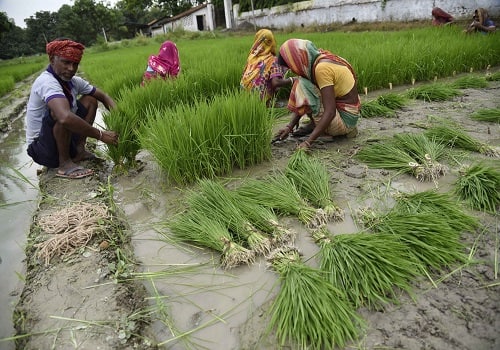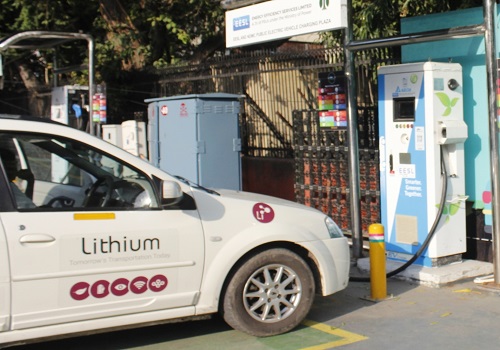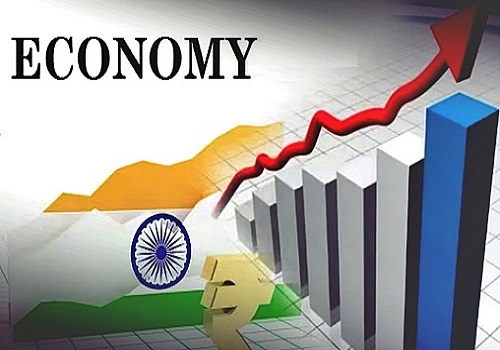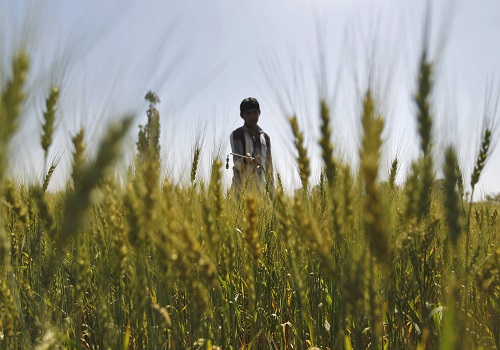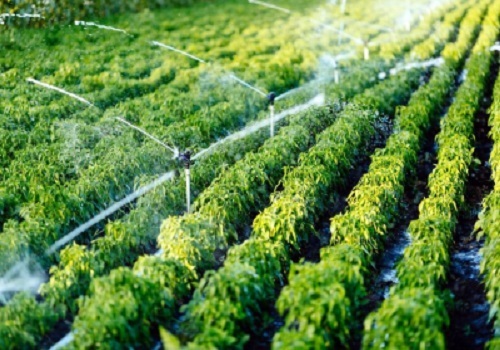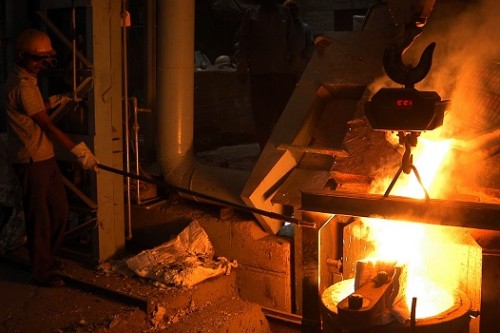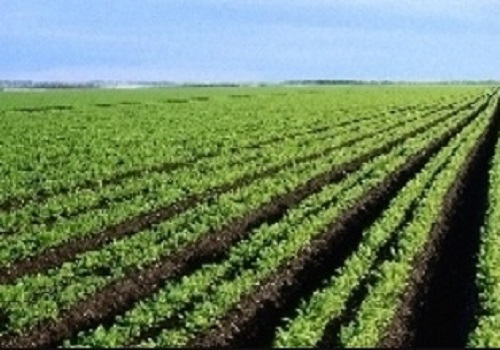Agriculture Sector Update - Rising commodity prices to maintain demand momentum for Agri inputs By Motilal Oswal
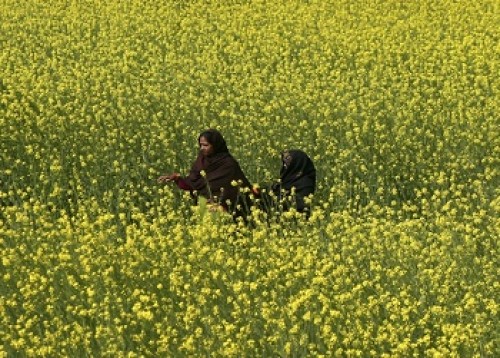
Follow us Now on Telegram ! Get daily 10 - 12 important updates on Business, Finance and Investment. Join our Telegram Channel
Rising commodity prices to maintain demand momentum for Agri inputs
We hosted Mr. Sameer Goel – Managing Director, Coromandel International & Mr. Balram Singh Yadav – Managing Director, Godrej Agrovet, to get their individual perspectives on the inflation in agricultural commodities (as per the World Bank, prices in Apr’21 increased 83% YoY for Maize, 64% YoY for Soybean, 76% YoY for Palm Oil, 58% YoY for Sugar, and 43% YoY for Cotton). Furthermore, we wanted to understand the implication of this inflation – driven by supply-side disruptions, stockpiling, and speculation – on various stakeholders (farmers, corporates, and the economy) as well as the current situation on the ground. Here are the key takeaways:
Key takeaways from our meeting with Mr Sameer Goel – Managing Director, Coromandel International
* Increase in Food Price Index: As of Apr’21, the Food Price Index posted a rise for the 11th consecutive month and was at the highest levels since May’14. Growth was largely driven by vegetable oils and cereals, lower output and decline in inventory levels, and stockpiling in China.
* The monsoon forecast for CY21 remains normal, and reservoirs in South and West India are at good levels; these factors bode well for acreages.
* RM prices: Since Nov’20, prices have surged across DAP, phos acid, ammonia, and sulfur. This is largely attributable to a sharp increase in commodity prices, leading to a rise in RM prices. Moreover, increased demand, coupled with lower availability from Brazil, China, the US, and India, contributed to the price rise.
* NBS rates: The government has increased the subsidy on phosphorous by 204% to INR45.3/kg, keeping the subsidy rate constant for NKS. This led to a fall in DAP prices (for farmer) to INR1,200/bag (from INR1,900/bag).
Specific to Coromandel International (CRIN)
* Backward integration: CRIN has increased focus on backward integration and fully integrated its Vizag and Ennore plants. The company is increasing capacity in Vizag and also installing an evaporator at the plant, which would help transport concentrated acid to the Ennore plant.
* Capital allocation: Going forward, the major focus and investment would be toward crop protection chemical plants (new MPP installations). It would also focus on backward integration to reduce the number of imports.
* The company is also looking at inorganic expansion opportunities – as CRIN has fully repaid its long-term and short-term debts
Key takeaways from our meeting with Mr Balram Singh Yadav – Managing Director, Godrej Agrovet Industry concerns
* Rural consumption: Rural consumption slowed in FY21, largely due to a rise in the number of COVID cases in rural areas and consequent lockdowns. GoI has introduced various initiatives to revive rural demand, such as subsidizing all the fertilizers (namely urea, DAP, and P&K). Another INR190b has been allocated to 95m farmers under the PM Kisan Samman Nidhi (of which 45m farmers have received the funds). The drop in consumption is expected to be temporary, and demand is expected to bounce back faster than expected.
* Commodity prices: The surge in agri-commodity prices is expected to be corrected shortly – as prices are not sustainable at this level (15–20% decline may be expected) and reflect the change in global prices. Cereal prices are expected to remain elevated on increased demand from the Bio-Diesel segment.
* Agri sector: India’s domestic sector saw a bumper rabi season, thereby paving the way for robust growth in FY22. Food grain production for the year is expected to be north of 307mmt.
Specific to Godrej Agrovet (GOAGRO)
* Animal Protein: Post the lifting of the lockdown, a surge in demand is anticipated for chicken, eggs, and fish, potentially leading to a shortage in the market. 2Q/3Q/4QFY22 performance is expected to be considerably good v/s 1QFY22 and would thereby support annual growth for FY22.
* Palm Oil: At the current price level, farmers make ~INR200k/ha, the highest for any crop in the country. Palm oil prices are expected to remain high and are linked to bio-diesel demand, which also remains high. However, prices may correct by 10–15%, but would not return to previous levels (would be 25–30% higher than 2Q/3QFY21 levels).
* Aqua Feed: The Fish Feed business faced major headwinds as labor availability was an issue due to the lockdown. Shrimp feed demand continues to be robust, driven by global demand, leading to an increase in shrimp prices. With the impact of COVID gradually subsiding, the Shrimp business is expected to perform well in the current financial year.
To Read Complete Report & Disclaimer Click Here
For More Motilal Oswal Securities Ltd Disclaimer http://www.motilaloswal.com/MOSLdisclaimer/disclaimer.html SEBI Registration number is INH000000412
Above views are of the author and not of the website kindly read disclaimer










More News

Banking Sector Update : The search for improvement in deposit trends continues - Kotak inst...
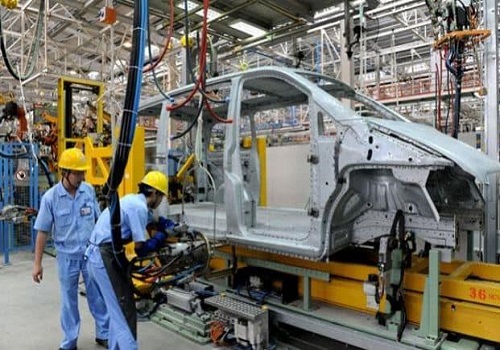
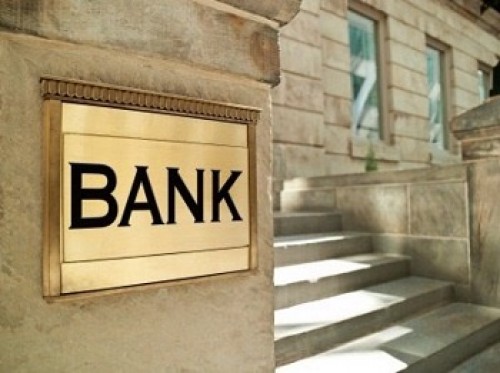



 320-x-100_uti_gold.jpg" alt="Advertisement">
320-x-100_uti_gold.jpg" alt="Advertisement">

